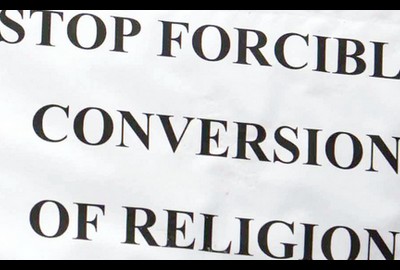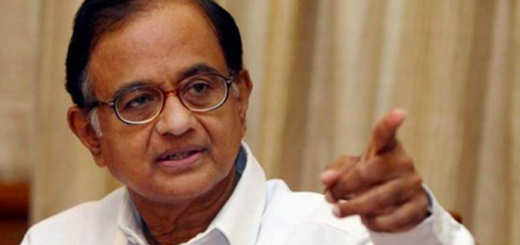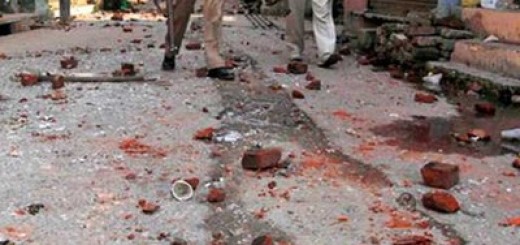Hindu group fabricating conversion controversy, says Indian cardinal

Group aims to bring anti-conversion law to Jharkhand state, cardinal says.
Bhopal: (UCAN) Cardinal Telesphore Toppo of Ranchi has accused a Hindu group of fabricating a story of hundreds of indigenous people converting to Christianity to bolster their call for an anti-conversion law in his Jharkhand state.
Indian media reported that the Vishwa Hindu Parishad, or world Hindu council, alleged some 300 members of the Asur tribe were converted to Christianity in the villages of Jharkhand's Gumla district.
"The media reports are not true," Cardinal Toppo told ucanews.com on Oct. 14, adding that members of these tribes were Christian for decades and that there was no sudden increase of these indigenous people becoming Christian.
This was corroborated by Neha Arora, the subdivisional officer who has judicial and administrative powers in Gumla. "There is no official confirmation … If any such report comes up, I will let you know," she told ucanews.com.
Cardinal Toppo, the first tribal cardinal from Asia, said the story of the conversion of indigenous people was fabricated to call for an anti-conversion law in Jharkhand, the eastern Indian state ruled by the Bharatiya Janata Party, which is considered the political arm of Hindu groups working to make India a Hindu nation.
The neighboring states of Chhattisgarh and Madhya Pradesh, also ruled by that party, have anti-conversion laws.
Seven of India's 29 states have such laws that criminalize conversion if done without permission from government authorities. Fines and jail terms are stipulated for those involved in "fraudulent" and "forced" conversion and for "alluring" people to change their religion.
Christians have been opposing such laws on the grounds that they violate religious freedom as enshrined in the Indian Constitution.
As well, church humanitarian services such as education and health care could easily be misinterpreted as enticing people to convert, they said.
Mission
Cardinal Toppo said the demand for an anti-conversion law "is against the constitution," adding that "the church does not compel anyone to become Christian. It also does not block anyone from going away."
Deepak Tirkey, an official from the National Christian Forum working in Gumla, told ucanews.com that district government officials and state welfare schemes almost never reach remote villages.
But Christian missioners provided villagers with facilities for education and medicine, and hundreds embraced the religion, he said.
The church's mission to indigenous people in Jharkhand began in the villages in the second half of the 19th century and was spearheaded by Jesuit missionaries.
Jharkhand, with a population of 33 million people, now has some 1.4 million Christians, most of whom are indigenous people or those belonging to the dalit or former untouchable castes.
The state's 4.5 percent Christian population is almost double that of the national average, and much higher than several neighboring states where Christians are less than 1 percent of the population.
In Gumla district, where the alleged conversion took place, some 20 percent of its 1 million people are Christians, according to government data.
Source: UCAN
















